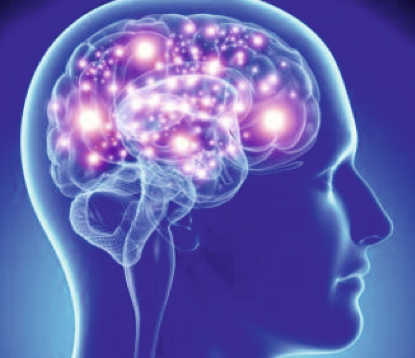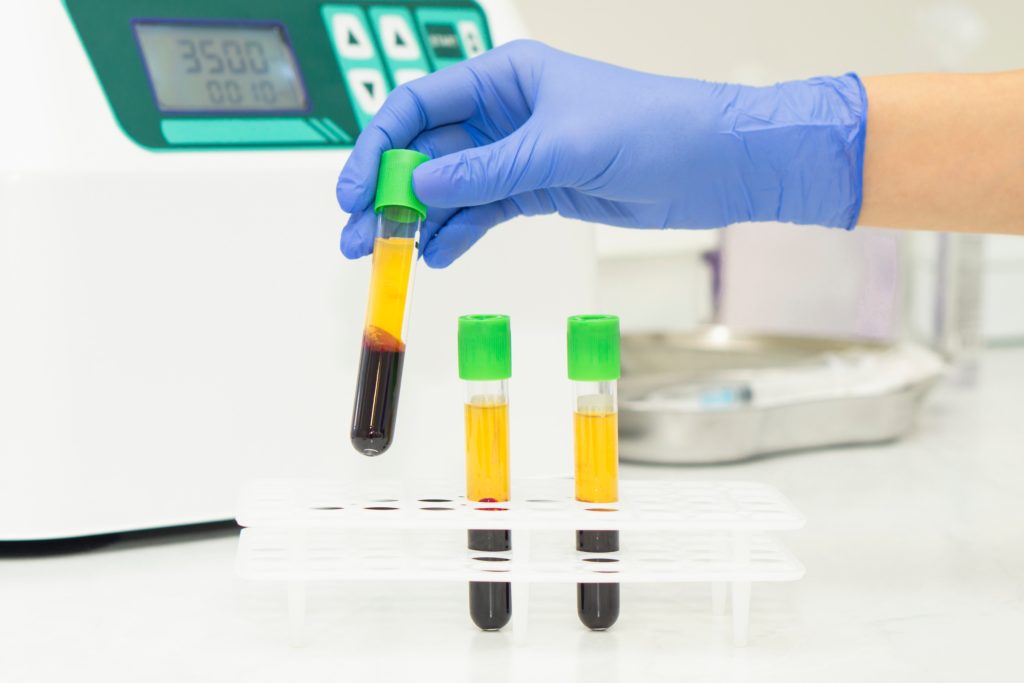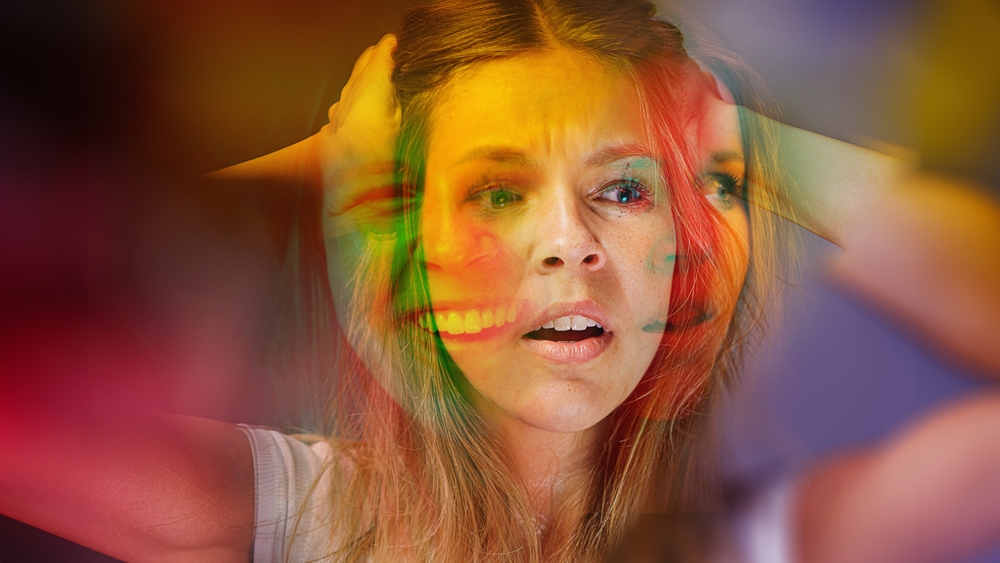Stroke-induced disturbances may trigger pseudobulbar affect (PBA), which may present as hypomania, according to a case study published in Cureus.
In this case, an 85-year-old woman with a long history of depression, which had been well-controlled with sertraline for 19 years, reported multiple episodes of hypomania characterized by high levels of energy and excessive money spending. She self-described as an energetic person who typically feels “high” most of the time. The patient presented to hospital after she was observed to be confused. Her husband also noticed a left-sided facial droop and left-sided weakness. A subsequent MRI of the brain without contrast indicated a stroke, and the patient was given a psychiatric consult because she presented with hypomania with psychomotor agitation. The patient had mood swings, labored speech, and was easily distracted. She was also religiously preoccupied, and she reported “an encounter with the Lord.”
The patient also suffered from insomnia prior to hospital admission and had a prolonged psychiatric history of depression with sad mood, crying spells, low energy level, sleep disturbances, poor concentration, and feelings of hopelessness. However, she denied having any suicidal thoughts, and she was not physically agitated or aggressive. Physicians postulated that her hypomania was induced by Zoloft, and she started on lamotrigine at 25 mg per day with her sertraline discontinued. Soon after, she returned to hospital with more manic symptoms, and her lamotrigine dose was upped to 50 mg per day. The patient’s symptoms then improved after a few days, and she was referred to the outpatient psychiatrist.
The researchers concluded that “stroke-induced disturbances in neuronal circuits may cause malfunctioning of the dopamine, serotonin, and glutamate pathways which present as behavioral disinhibition. Patients may have spells of crying or laughing which are not consistent with their emotional state and cause significant impairment of their quality of life, mental, and physical health. Data from PRISM show that the CNS-LS scale is currently best at diagnosing PBA in stroke patients.”
Link: https://www.ncbi.nlm.nih.gov/pmc/articles/PMC7164551/
Keywords: pseudobulbar affect, stroke, hypomania, mania, depression, antipsychotics, antidepressants









